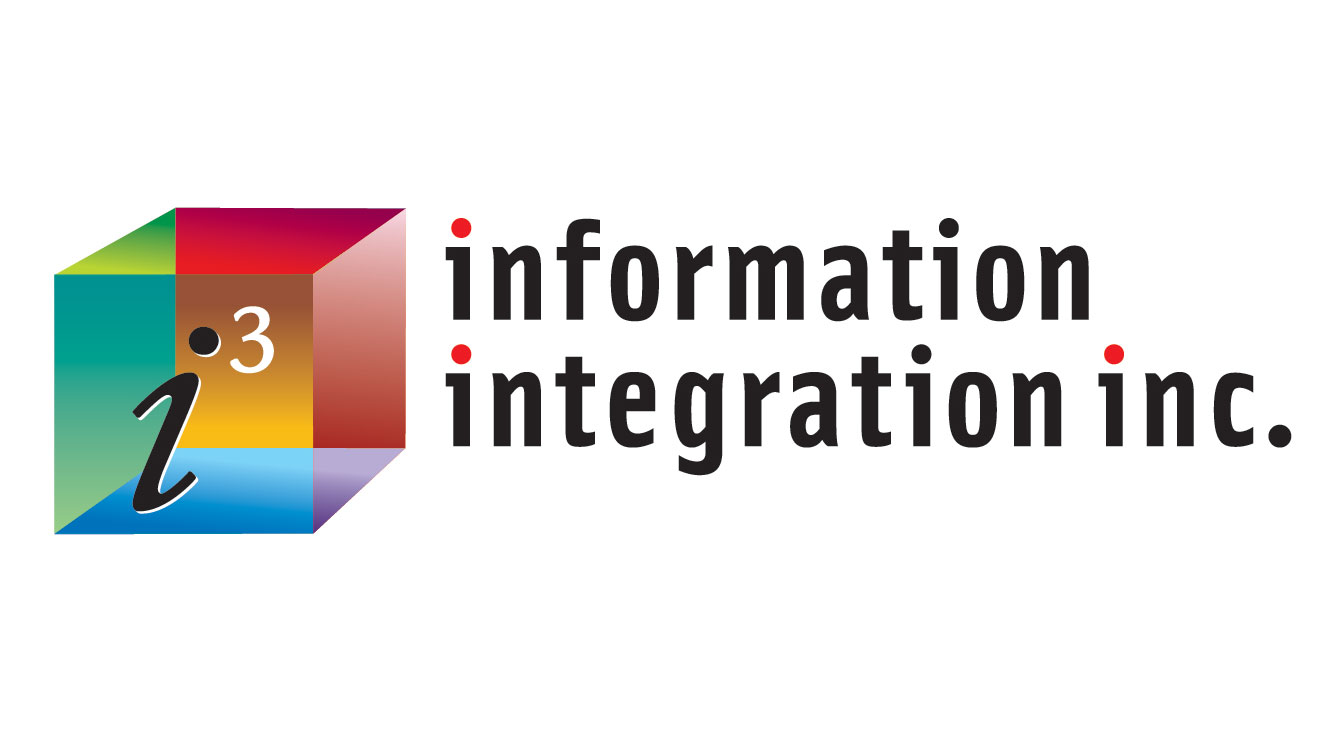Many of us are migrating back to the office, sitting among our peers in our cubicles, and drinking that all too familiar office coffee. We might grab lunch from the cafeteria, attend meetings in person, socialize in public areas, and enjoy the end of social distancing as we knew it. It’s nice to be back, but things are different. You see fewer people in the office because some are still working remotely, others are hybrid (where work time is split between the office and at home), and you also notice that many people are new.
Is it Worth it to Keep Your Remote Training?
Now that things are shifting, many firms are wondering if it’s worth keeping all those live and self-paced virtual learning sessions, or if there should be a return to in-person sessions. From a cost perspective, it may seem that remote learning is the way to go. But what is the true cost? In evaluating this, it’s important to keep in mind that the learner experience must be at the center of this discussion. If learners fail, then there are consequences ̶ typically significant ones.
Case in point: Because of the pandemic, many businesses changed the way they onboard new employees to a virtual model. According to new research from a prominent consulting and staffing firm, 49% of new hires are not getting trained in person—it’s either virtual (31%) or hybrid (18%). Not only do 58% of new employees say that starting a job during the crisis was harder than before, but their views (as evidenced by low morale and high attrition rates) also signal that employers are not sufficiently evolving their onboarding training programs two years into the pandemic.
Is the Great Return Actually a Great Departure?
With over 47 million people in the US quitting and changing jobs in 2021 ̶ with this trend continuing, if not speeding up, in 2022 ̶ many Learning and Development groups are busy preparing training for new hires to join their firms. If yours is one of them, now is a great time for you to look at your new hire onboarding program and determine if your virtual and/or hybrid learning strategy sets your company up for success.
Consider the benefits and risks when evaluating your firm’s new hire training program:
Classroom-based Learning
- What is the business justification for having in-person sessions?
- What are the benefits for learners in attending this training in person?
- Why should learners come into the office to complete the training?
- What can they do in the live training session that cannot be done as well virtually?
- How does your live classroom-based training meet your business objectives?
Remote Learning
- Does it still make sense to provide remote learning?
- What have the business outcomes been with remote learning?
- What have the learner assessment results been year over year since the start of the pandemic?
- Did you have to spend time retraining?
- What is at risk if you continue to with a remote learning program?
- What are the pros and cons of delivering your training remotely versus in-person?
- How does remote versus in-person learning ultimately impact the learner?
Conclusion
Love it or loathe it, the truth is that remote learning is not going away ̶ but not everything has to be remote. It’s worth conducting an analysis to determine how remote learning impacts both learners and your organization today. If you decide to make a change, the first place to start conducting this analysis should be within your new hire onboarding programs, particularly given the high attrition rates that result from employee dissatisfaction when they don’t receive appropriate learning opportunities and support.
Denise Roberts is a senior instructional designer and learning consulting with more than 20-years’ experience designing, developing, and managing learning programs for employees, partners, and customers. Her mission is to save learners from “terrible, horrible, no good, very bad training” by feeding their hungry minds with specially crafted learning experiences.





